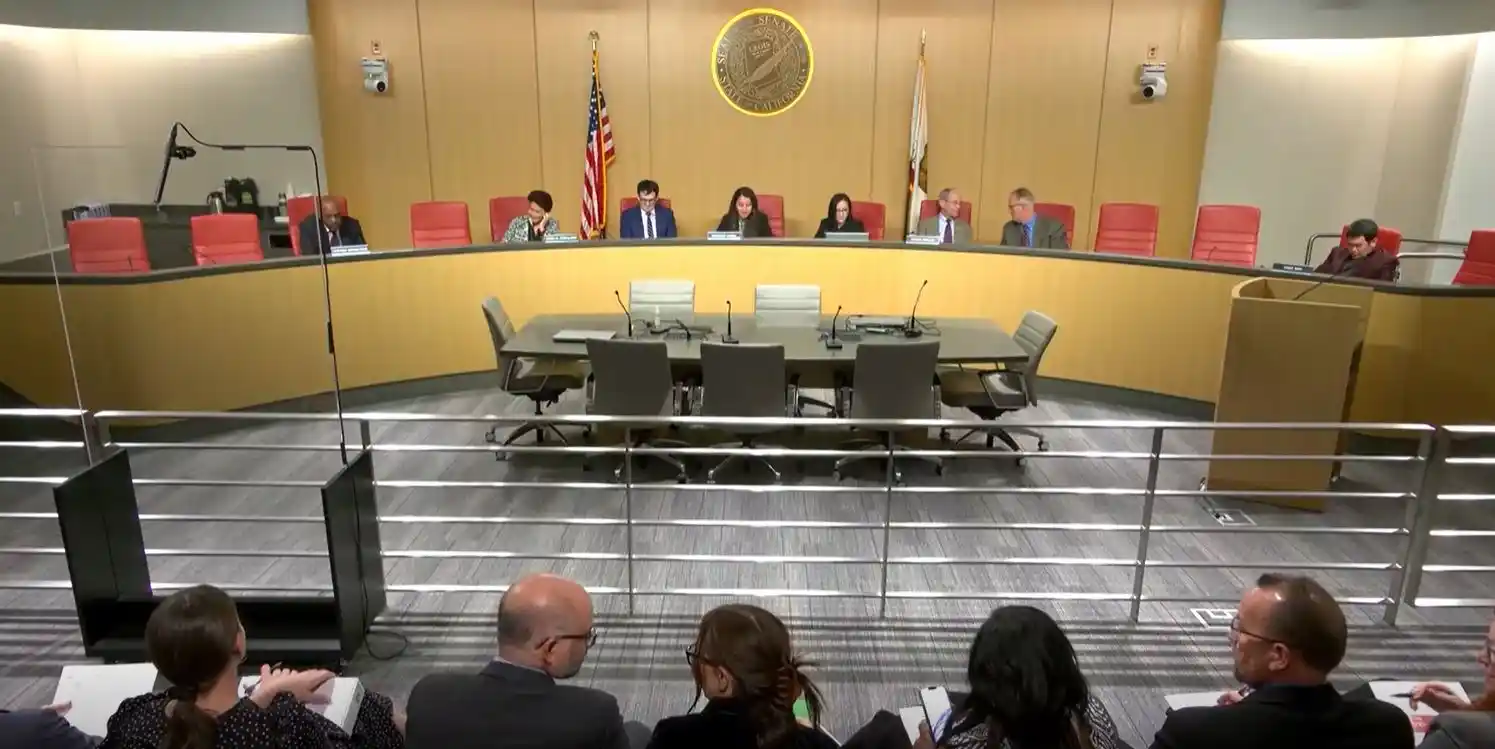By providing custodian services to consumers, traditional banks have officially entered the cryptocurrency market in a move with far-reaching implications.
By now you’ve likely heard a rumble or two about a recent interpretive letter from regulators that allows banks to become custodians of cryptocurrency. For some, this announcement was met with a shrug. No big deal. For others, it was a major move by regulators with far-reaching implications for cryptocurrency.
So which is it? You might be left wondering what exactly this means for you, especially if you are an entrepreneur in the space.
If you own a crypto business, what does this announcement mean for your compliance with cryptocurrency regulations?
How does it interact with other rules and regulations, and unsettled regulatory issues like the Travel Rule, if at all?
Does it ultimately help or hurt you, your customers, and the cryptocurrency market?
Let’s get you updated on the news, and then cover these questions in-depth.
The clarification about banks and custodianship explained
A July 22 report by Nikhilesh De of CoinDesk revealed a letter sent by the Office of the Comptroller of the Currency (OCC) to an unnamed financial institution.
The letter, written by Senior Deputy Comptroller and Senior Counsel Jonathan Gould and dated July 22, affirmed that national banks may indeed hold unique cryptographic keys for a cryptocurrency wallet.
This effectively means that banks can now act as custodians of cryptocurrency for their customers.
The letter highlighted the security of major financial institutions like banks as a benefit to cryptocurrency consumers who currently rely on certain cryptocurrency firms for custodianship services, and are otherwise largely individually responsible for their own security (i.e., not losing their keys).
In everyday terms, if you purchase cryptocurrency, you could feasibly deposit it for safekeeping into a digital safety deposit box or even possibly a separate account at your bank the way you do with your paychecks.
There are two key quotes here that Nikhilesh focuses on. One is an apparent acknowledgment from the OCC that financial services providers need to begin investing in innovative fintech, including cryptocurrency:
“The OCC recognizes that, as the financial markets become increasingly technological, there will likely be increasing need for banks and other service providers to leverage new technology and innovative ways to provide traditional services on behalf of customers,” reads the letter.
Second, the OCC emphasizes that as financial institutions dip their toes into cryptocurrency, as well as other emerging technologies, they must not lose sight of their compliance policies and procedures, advising that banks “should develop and implement those activities consistent with sound risk management practices and align them with the bank’s overall business plans and strategies.”
The relationship between cryptos and traditional banks to date has been complicated, to say the least. Some major firms have taken a proactive approach and provide services to cryptocurrency companies. Many remain skeptical about cryptocurrency businesses and the risks associated with the emerging market.
The OCC letter, for its part, reaffirms its position that national banks may do business with cryptos, so long as the appropriate risk management and compliance steps are taken.
So, what does this mean?
What does this mean for the cryptocurrency market?
As we mentioned in the intro, there is some skepticism about how impactful bank custodianship of cryptocurrency will actually be.
In a separate follow-up report, CoinDesk’s Nikhilesh De and Ian Allison noted that the OCC letter is “interpretive,” and doesn’t necessarily mean that banks will roll out custody services to customers any time soon.
Still, others like Matthew Walsh and Nic Carter from Castle Island Ventures suggested in their recent newsletter that bankers have been chomping at the bit to offer crypto asset custody and have merely been waiting for a regulatory greenlight.
Further, they theorize that there’s at least one financial institution, perhaps even the one unnamed in the OCC letter, waiting “at the one yard line” with a service ready to launch.
But overall, most commentators, at least from the crypto market side, is that the OCC letter is a positive for the industry.
While cryptoasset custody as a concept does bump up against some philosophical arguments from crypto enthusiasts, the possibility for a more mainstream adoption of cryptocurrencies is seen as a good.
More potential consumers of cryptocurrency, comfortable dealing with their banks as custodians instead of the present alternatives, will mean more customers for cryptocurrency businesses, more peace of mind in the market when it comes to security, and likely an increase in valuations to accompany the increase in consumer demand.
In short, a bigger, safer, more lucrative market.
Now, what should businesses be doing, if anything, with this announcement?
What does this mean for the compliance of cryptocurrency institutions?
For most cryptocurrency business owners, this announcement doesn’t lead us to think there are any real material changes coming in terms of AML compliance. The bank-as-custodian doesn’t clarify or change some of the more unsettled and complex regulations in the crypto space (like the Travel Rule).
Overall, this wouldn’t result in any real changes to your business, aside from the benefits of a larger marketplace, of course.
However, if you are in a traditional financial institution like a bank, this announcement is more consequential than you may realize.
Banks will need to implement compliance protocols for cryptocurrency
From the perspective of traditional bankers and compliance personnel, the OCC letter is simply no big deal. But any institutions that begin to offer cryptoasset custody will quickly realize that they will need to adopt AML compliance policies and procedures specific to cryptocurrency (much the same way small businesses in the crypto space we work with do).
Let’s say a customer brings $2,000 of cryptocurrency to a bank to deposit into their custodial account. Banks will need commensurate compliance controls to manage this deposit.
Every bank currently has policies and procedures for any number of similar, traditional financial services, including simple checking and savings accounts. If those same banks begin to offer services to the cryptocurrency market, they’ll need more controls, like:
- A procedure for assessing the risk of each cryptocurrency their institution maintains custody of
- Blockchain analytics software and monitoring capabilities
- enhanced due diligence of certain cryptocurrency customers
And more.
The learning curve won’t be as steep as it is for cryptocurrency business owners, of course. It will be easier for resourced banks and financial institutions that already offer financial services to crypto clients as well. Many already have the tools in place to research crypto, addresses, and evaluate risk factors. They also benefit from familiarity with the industry and its products.
Other institutions that have been slower to enter the cryptocurrency space will have a steeper learning curve.
Especially if some banks have larger designs in mind, like treating crypto as an asset
What else do you need to know, big picture?
Key takeaways — Does this mean more regulation is coming?
While many in the crypto space see the OCC letter as a watershed moment, bankers have had a more muted “no big deal” response.
The truth is somewhere in between.
We at BitAML think that the announcement is more of a turning point. Cryptoasset custody offers banks and other financial institutions in traditional finance an opportunity.
For any institutions that have held out thus far from crypto, but have spent some time kicking tires and looking for opportunities, this is a simpler, lower-risk way of dipping their toes in.
We disagree with our friends in traditional banking who think this is “no big deal.”
Do we suspect like some of our compatriots that there’s a financial institution ready to roll out a custody program soon? We won’t make a prediction so bold, but do think that traditional financial institutions that already have and have had a noteworthy presence in crypto for years will benefit. It wouldn’t surprise us if they are working on similar projects, or have even made direct inquiries to the OCC and other regulators.
As far as what this means for future regulation, or if it sets the table for more regulatory changes coming soon to the space, we’re somewhat doubtful.
Given the pace of regulation, as well as the interplay between federal oversight and states rights, rumored developments like the national payments charter proposed by the OCC’s comptroller (and Coinbase alum) Brian Brooks probably won’t yield much for now.
The larger benefit for regulators at this point is more visibility into the cryptocurrency market. By clearing the way for banks, already tightly regulated and monitored, to offer more formal services to cryptocurrency customers, they’ll have better eyes on that marketplace.
But the big takeaway is that there’s more mainstream movement in crypto.


